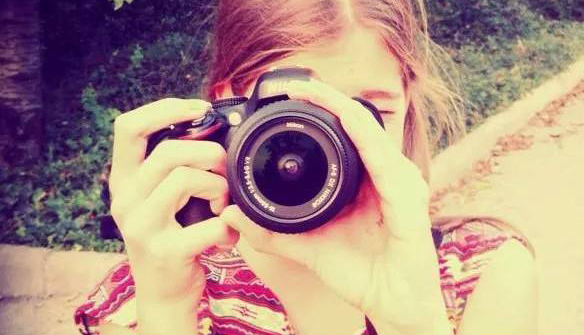“Humankind lingers unregenerately in Plato’s cave, still reveling, its age-old habit, in mere images of the truth.”

This is how Susan Sontag opens the first essay in her collection On Photography (1977), titled “In Plato’s Cave.” Like the quote and the title suggest, she goes on to examine ways in which photography connects and disconnects us from reality.
Sontag presents a number of different ideas in the essay, one of which struck me as particularly relevant today: how everyday people, non-artists use the medium to capture moments of their lives to share with others. The essay mentions tourist and event photography disparagingly, arguing that as photography became more and more common, it also promoted seeking experiences just for the sake of capturing them, and that this act diminished the enjoyment of such activities, and prevented people from experiencing reality fully.
This argument reminded me of the recent anti-technology, anti-social media movements that have sprung up in the recent years and that claim that sharing our experiences through technology somehow makes those experiences less real, less genuine. This assertion has always seemed contentious and needlessly dissenting to me, nonconforming apparently only for the sake of nonconformity.
What do you think? Does Sontag’s argument seem to ring true to you in relation to our modern ways of sharing events or just everyday happenings of our lives? Does recording a memory take away its “realness?” Is doing something just to be able to photograph it really as common as some would suggest, and if so, is that somehow dishonest? I’d be happy to discuss this in the comments!
Read an excerpt of the essay on Sontag’s site here.


